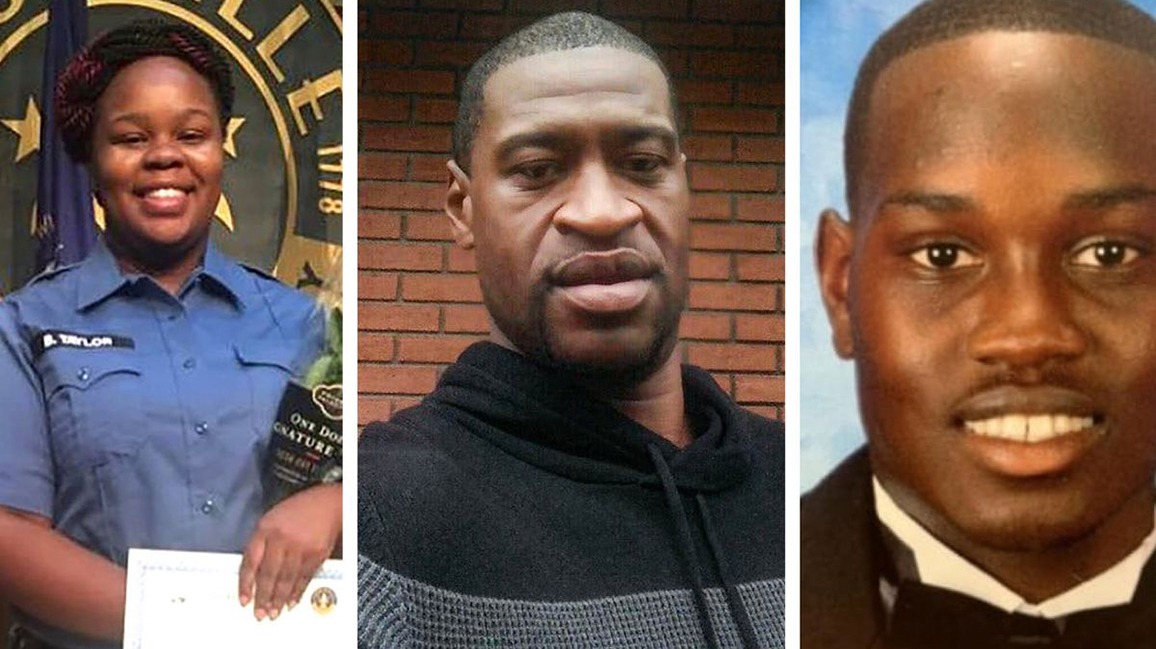Homework for White Christians

Breonna Taylor was killed by police while sleeping in her apartment in March. George Floyd was killed by police while being arrested in May. Ahmaud Arbery was killed while jogging in February.
Our black neighbors need white United Methodists to understand race and practice anti-racism
By Rev. Andrew Fiser
The murders of George Floyd, Ahmaud Arbery and Breonna Taylor have once again reminded the world of the dangers faced by black Americans. The accosting and report to police of a birdwatching black man in Central Park by a white woman illustrate the perils of doing anything while black. And the racial disparities of infections and deaths due to COVID-19 in Dallas point toward the ways in which racial injustice is a long-term, structural evil that still causes death through inequities that are invisible to the majority (Dallas Morning News).
In polarized times like today, it is our responsibility as Christians to stay grounded in our relationships and in a faith that is rich with God’s call to do justice, love mercy and walk humbly with our God (Micah 6:8). There are realities about whiteness and racism that white people cannot see without help. Our black siblings need white United Methodists to do the responsible thing: DO OUR HOMEWORK.
Plenty of tools already exist for us to understand race and practice anti-racism as part of our Christian discipleship. These are opportunities not only for us to learn how to become a conference that reflects the diversity of our North Texas mission field, but also to embody the grace of Jesus Christ in whose death and resurrection we get a glimpse of all crosses, lynching trees, chokeholds and biases being defeated.
We at the Center for Missional Outreach suggest the resources below as starting places for your personal and group study even during physical distancing:
- Implicit Bias: What We Don’t Think We Think (United Methodist – General Commission on Religion & Race): A resource for congregations, leaders and preachers who want to learn about implicit bias. Available as Online Teachable Course.
- I’m Still Here: Black Dignity in a World Made for Whiteness by Austin Channing Brown: “(Explores) how white, middle-class, Evangelicalism has participated in an era of rising racial hostility, inviting the reader to confront apathy, recognize God's ongoing work in the world, and discover how blackness — if we let it — can save us all.”
- So You Want to Talk About Race by Ijeoma Oluo: “Oluo gives us – both white people and people of color – that language to engage in clear, constructive, and confident dialogue with each other about how to deal with racial prejudices and biases.” – National Book Review
- Seeing White Podcast from Scene On Radio: “Just what is going on with white people? Police shootings of unarmed African Americans. Acts of domestic terrorism by white supremacists. The renewed embrace of raw, undisguised white-identity politics. Unending racial inequity in schools, housing, criminal justice, and hiring. Some of this feels new, but in truth it’s an old story. Why? Where did the notion of 'whiteness' come from? What does it mean? What is whiteness for?”
- Reconstructing the Gospel: Finding Freedom from Slaveholder Religion by Johnathan Wilson-Hartgrove: “Just as Reconstruction after the Civil War worked to repair a desperately broken society, our compromised Christianity requires a spiritual reconstruction that undoes the injustices of the past. Wilson-Hartgrove recovers the subversiveness of the gospel that sustained the church through centuries of slavery and oppression, from the civil rights era to the Black Lives Matter movement and beyond. Discover how Jesus continues to save us from ourselves and each other, to repair the breach and heal our land.”
Rev. Andrew Fiser is Associate Director of the North Texas Conference’s Center for Missional Outreach.
Published: Friday, May 29, 2020
